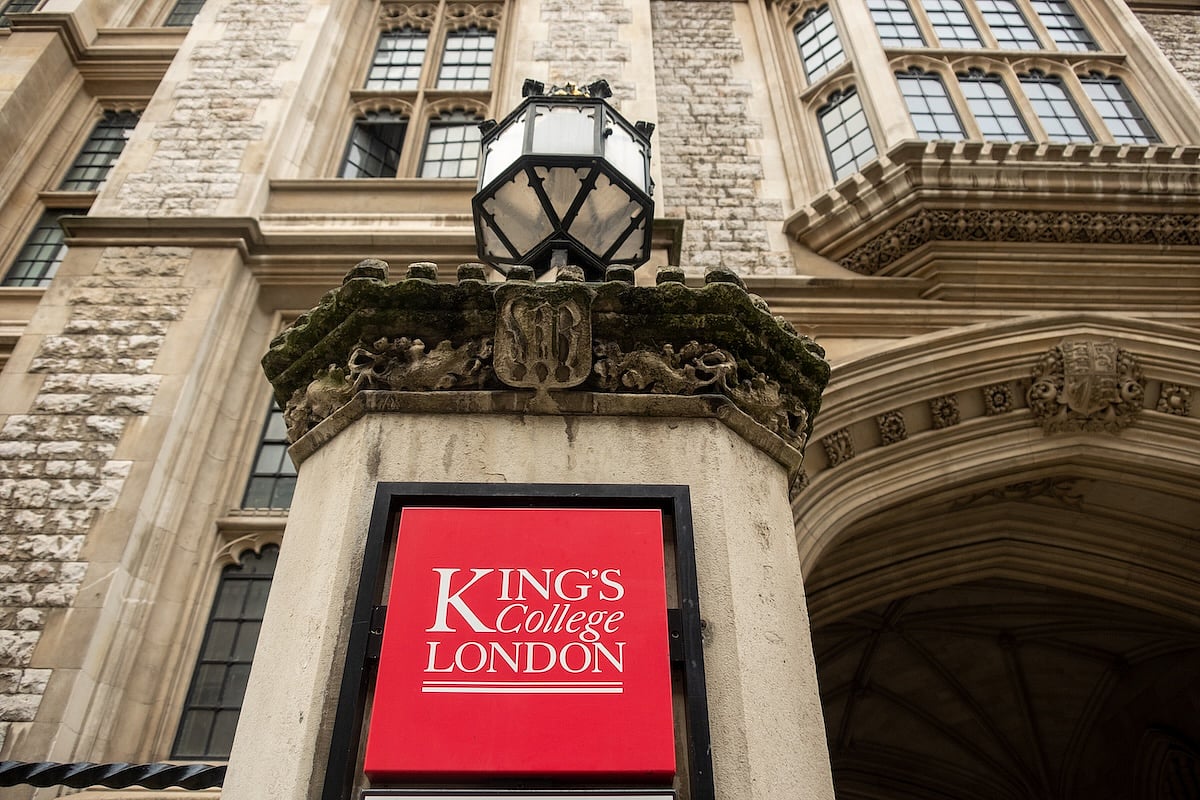Get Healthy!

- I. Edwards
- Posted August 5, 2025
U.K. Begins Major Research Effort Into Trans Youth Health
A large new study will follow the health and well-being of thousands of transgender and gender nonconforming young people in the U.K., researchers at King’s College London announced Thursday.
The $14 million study will track up to 3,000 children and teens who have received care from the National Health Service (NHS) for gender-related distress.
The goal is to better understand how gender-diverse young people are doing over time — physically, mentally and socially — and how health services can better support them.
“What is clear from the current evidence as highlighted is there’s no single story or experience that defines these young people,” Michael Absoud, a pediatric neuroscience specialist and one of the lead researchers, told The New York Times.
“This study is about listening to them — understanding their stories and their journeys and building a robust evidence base that reflects that diversity,” he said.
Participants will fill out yearly surveys about their quality of life, gender identity and body image. Their parents will also be surveyed.
The study will be observational, meaning no treatments will be changed. Participation is voluntary, the college said.
As of last year, the U.K. stopped allowing the use of puberty blockers for children under 18, unless they are part of a clinical trial.
The change followed a review led by Dr. Hilary Cass, an independent pediatrician, who found that the existing evidence around gender-affirming care wasn't substantial.
“The reality is that we have no good evidence on the long-term outcomes of interventions to manage gender-related distress," Cass told The Times.
The review will collect information regarding the fact that many young people seeking gender care may have other overlapping health concerns, such as autism, ADHD, anxiety or depression. Cass recommended more care that looks at the whole person, The Times reported.
The number of young people seeking gender care through the NHS has grown in recent years.
Most of the recent increase has been among those assigned female at birth, said lead researcher Emily Simonoff, a professor of child psychiatry at King’s College London.
“There’s been a real shift in the number of referrals, over the last 10 or 15 years,” Simonoff told The Times. “What was considered a rare problem 15 years ago is now much more common.”
Long wait times for care have also increased. The country’s only youth gender clinic recently shut down, and new regional centers have been opened to offer more care. The study will also collect data from these new centers.
Simonoff noted that public debate around gender-affirming care has become more polarized in recent years, mostly due to a lack of long-term research.
“A lack of evidence base allows toxic views to be more rampant,” she said. “What we hear from young people and their parents and caregivers is that they’re worried about the lack of robust evidence to guide what treatment is going to be most helpful for them.”
A clinical trial to study the effects of puberty blockers on young people is also part of the King’s College initiative. The trial was supposed to begin in 2024 but is still waiting for approval from government regulators.
Some experts have raised ethical concerns, noting that joining the trial is the only way young people in the U.K. can now access puberty blockers. Others argue that with so many seeking care, it would be unethical not to do the research.
In the U.S., where many states have banned gender-affirming care for minors, some experts say this U.K. research effort is a step forward.
“Investments in research and clinical trials should be lauded,” Dr. Scott Leibowitz, a child and adolescent psychiatrist and board member of the World Professional Association for Transgender Health, told The Times.
But he expressed concern about the current U.K. ban, adding that these studies “have come at the expense of youth and families in the U.K. being able to access care for the last year.”
More information
The HHS Office of Population Affairs has more on gender-affirming care and young people.
SOURCE: The New York Times, July 31, 2025






